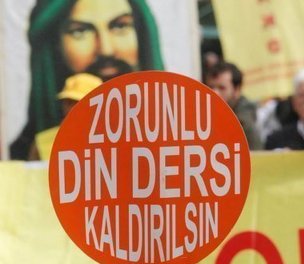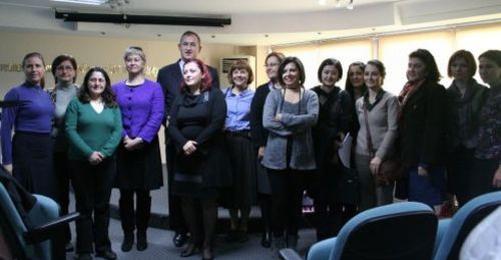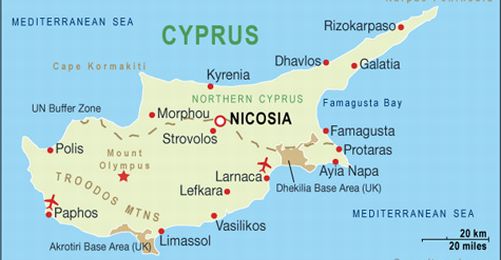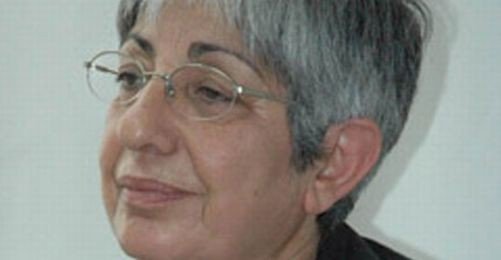"Sometimes I am uncomfortable in Religious Education (RE) classes, but because it is compulsory, there is nothing I can do. If it becomes an elective class, I will not choose it."
Thus says an Alevi girl who is at primary school in Eyüp, Istanbul. She has obviously found nothing of her own beliefs in the RE classes, which are mostly designed to teach the tenets of Sunni Islam.
AKP offers two alternatives
After the 22 July general elections, one of the issues in the constitutional discussions initiated by the Justice and Development Party (AKP) has been how RE is going to be organised at school.
In the draft constitution prepared by a committee under Prof. Ergun Özbudun, two alternatives have been presented. The first is that RE becomes an elective class, which parents or students can ask for. The second alternative is that RE remains a compulsory class, but that students can ask to be exempted from the lesson.
When the AKP Central Executive Council debated the draft last week, it favoured the second alternative.
Simsek: State should not be involved in RE
On the other hand, there are also experts who argue that the state should not be involved in RE at all. Emirali Simsek, the General Secretary of the Trade Union of Education and Science Employees (Egitim-Sen) says that RE should not have a place in the constitution.
"A laicist state cannot organise RE itself. There cannot be a structure where the taxes of all citizens are collected to teach the beliefs of one segment of society. In Turkey, dozens of beliefs coexist. One could argue for an education in 'religious culture', which would treat all religions impartially, but that is practically impossible."
Simsek criticised the presentation of two alternatives, "Either elective or compulsory....This is not the question, but they are trying to get everyone used to those two choices."
Legacy of 1980
Compulsory RE classes were introduced in Turkey after the 1980 military coup. Many Alevi organisations, but also other individuals and experts have for years called for a change in policy.
For instance, Ali Kenanoglu, the vice chair of the Alevi Bektasi Federation (ABF) went to court in 2006 so that his son could be exempt from RE classes. He won his case. Another case is currently at the European Court of Human Rights, to be heard on 3 October.
Because the Ministry of Education has published conflicting mandats, non-Muslim children are exempt from RE at some schools, while they are forced to attend in others.
The Alevi student who spoke to bianet said that she had not learned anything about her own beliefs in RE classes. In her class of 38 students, there are 13-14 Alevis, but for fear of discrimination, they are silent. The girl, who is in 8th grade, said that it depended on the teacher whether there were problems.
This year, she said, there have not been any problems, because there is no RE teacher, and they have more Turkish lessons instead. Not wanting to experience any problems at school, she does not say her name. She wants RE classes to be electives so that she can be at ease. (EÜ/AG)















